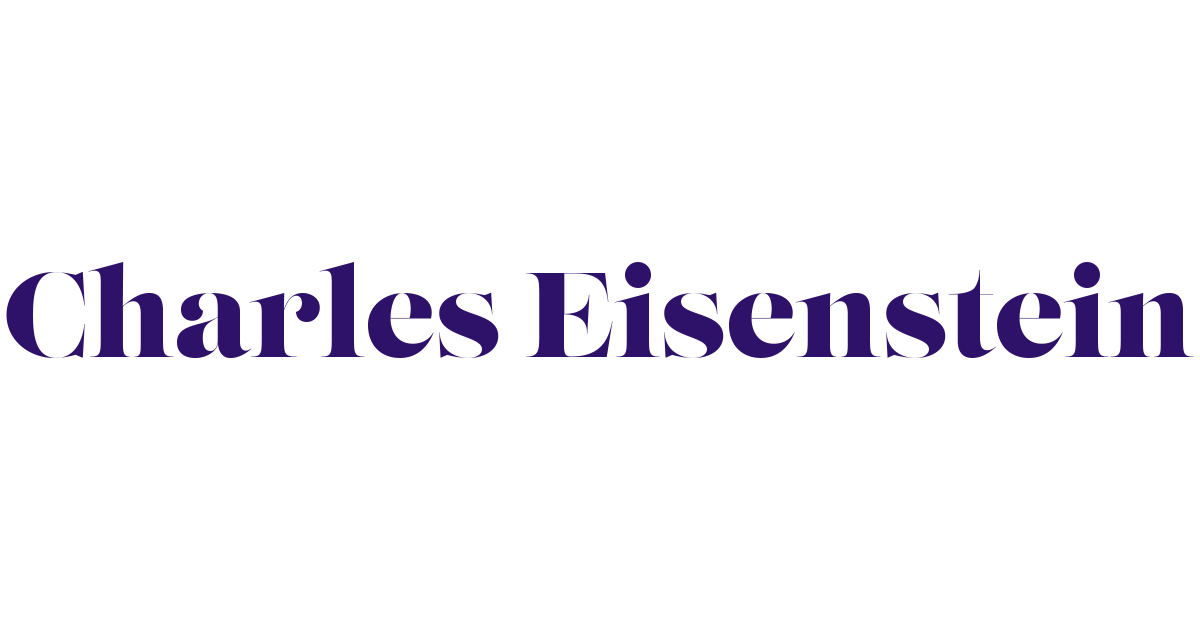
CONTINUE TO BILLING/PAYMENT
ONE CERTAINTY THAT has always guided historians is the possibility of traveling to work in an archive. The time and costs involved in such research trips set the timelines of their research projects. But, confronted with an unprecedented pandemic, can we still stick to the old certainties that such research trips are central to what we write and teach? In an increasingly uncertain and digitizing world, where the relationship between past, present, and future thins out, it is time to rethink the relationship between historical writing and the archive. Specifically, the notion of the archive as a place requires revision.
According to Jacques Derrida, in his 1995 essay “Archive Fever,” the meaning of “archive,” “its only meaning, comes to it from the Greek arkheion: initially a house, a domicile, an address, the residence of the superior magistrates, the archons, those who command.” The archive is thus both a place (office or building) and the records it houses. To quote Derrida further: “It is thus, in this domiciliation, in this house arrest, that archives take place.” Put differently, it is the housing, the literal place of the archive, that gives it legitimacy, as much as the records themselves.
Archival research is an emotional topic for historians: the nostalgia for cramped reading rooms and dusty files, the excitement about discovering new towns and neighborhoods. While historians may differ over what constitutes an archive, they are unanimous on the indispensability of archival research. But there is little to no debate on how much archival research is sufficient for a project. Researchers limit their archival work on the bases of time, resources, and access, and these opportunity costs generally help to decide how much research is “enough.”






/cdn.vox-cdn.com/uploads/chorus_asset/file/25330660/STK414_AI_CHATBOT_H.jpg)

















